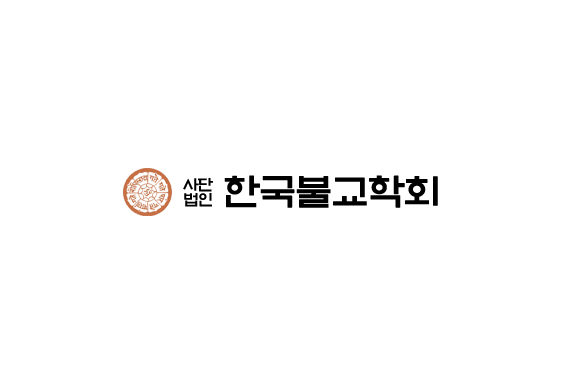화산 수옥의 한시에 대한 재검토
A Review of the Chinese Poetry of Bhikṣuṇī Su-ok (守玉)
김홍미
한국불교연구원
한국불교학
2024, vol., no.109, pp. 257-287 (31 pages)
한국불교학회
초록
수옥은 한국 불교사에서 가장 많은 한시를 남긴 비구니 시인이다. 하지만 그의 작품들의 전체 규모와 특징이 아직 정확하게 보고되지 않고 있다. 본고는 비구니 수옥이 남긴 한시들을 재검토하기 위한 것이다. 이 연구의 기초자료는 수옥의 친필원고인 「도가한화」에 적힌 한시들이다. 이 자료를 중심으로 이미 발간된 『화산유고』, 『화산집』과 대조하고, 증보의 근거자료였던 『삼소굴일지 』와 비교분석하는 방식으로 네 단계를 거쳐 수옥의 한시들을 재검토했다. 첫째는 첫 발간본인 『화산유고』에 수록된 47수 한시들을 그 제목과 시제로 분류하고, 특징적으로 선객의 시선이 내재되고 선사상이 함축되어 있다고 평가하였다. 둘째는 증보판임에도 『화산집』에서 여전히 오류가 발견되고 있기에 그 교정을 위해 대응하는 『삼소굴일지』와 비교분석한 후, 1수를 2수로 잘못 편집한 한시들을 바로잡고, 빠져 있는 경봉의 원운들을 보충했다. 셋째는 수옥이 일본 유학 시절 <불교시보>에 게재한 한시들의 한글 번역을 처음 시도했는데, 이것들은 기존 발간 본에 수록되지 않는 것이다. 넷째는 「도가한화」에선 원운-차운의 세트로 묶여 있지만 『화산집』, 『삼소굴일지』에선 별도로 수록된 한시들을 대응된 내용별로 재차 교차 검증한 다음, 경봉 원운-수옥 차운 세트로 재배치했다. 물론 그 기준은 동일한 압운과 소재이다. 이를 통해 두 가지 두드러진 성과를 이루었는데, 하나는 미발표된 수옥의 한시들을 27수나 찾아낸 것이고, 다른 하나는 경봉과 수옥이 한시를 주고받은 것이 기존의 6차례가 아닌 총 14차례라는 사실을 밝힌 것이다. 그리하여 미발표된 작품들과 기존 수정된 한시들을 재집계하여 수옥의 한시가 총 76수라고 확인할 수 있었다.
Suok (守玉) is a Bhikṣuṇī who is the most prolific poet of Chinese poetry in the history of Korean Buddhism. However, the total numbers and poetic characteristics of Su-ok’s works have not yet been accurately reported. The purpose of this paper is to re-examine Su-ok’s Chinese poems. The basis or resource material for this study are Chinese poems written in her handwritten manuscript, Daoga-han-wha (道家閒話). Based on this material, I examined Su-ok’s peoms in four steps, comparing them with the already published Hwasan-yugo (華山遺稿) and Hwasan-jib (華山集), and analyzing them against Gyeong-bong (鏡峰)’s Samsogul-ilji (三笑窟日誌). First, the 47 Chinese poems in Hwasan-yugo were classified into titles and themes, characterized as having an inherent Seon practitioner’s gaze and implying profound Seon ideas. Second, in order to correct errors found in Hwasan-jib, it was compared with the corresponding Samsogul-ilji, to edit works with correction and supplement missing parts. Third, her peoms published in Buddhist magazines while studying in Japan were introduced along with Korean translations. Fourth, the works, exchanged between Gyeongbong and Su-ok but recorded separately, were cross-verified with related data and rearranged into a set. Through this study, I discovered twenty seven unreleased Chinese poems by Su-ok, and found out that Gyeong-bong and Su-ok exchanged them 14 times not 6 times as known before. Therefore, by re-collecting unpublished works and existing revisions, it is to confirm in this paper that Su-ok’s total number of Chinese poems was 76.

